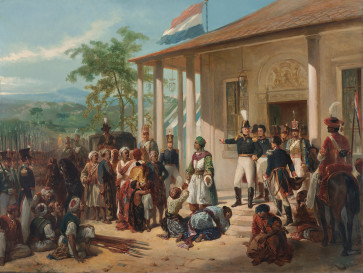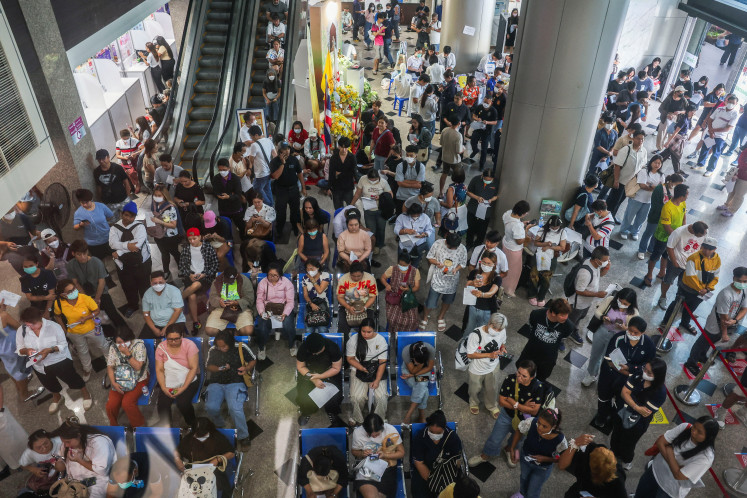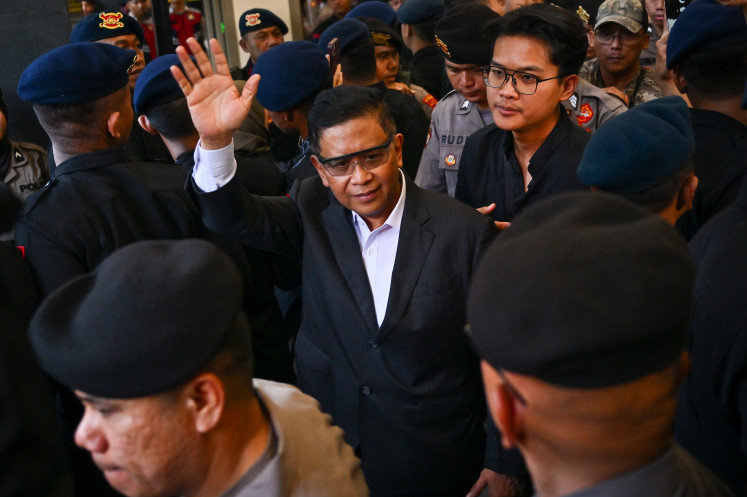Popular Reads
Top Results
Can't find what you're looking for?
View all search resultsPopular Reads
Top Results
Can't find what you're looking for?
View all search resultsYour letters: Learning contextually
The current debate surrounding the decision to “drop” social studies and natural science from the primary school curriculum is interesting
Change text size
Gift Premium Articles
to Anyone
T
he current debate surrounding the decision to “drop” social studies and natural science from the primary school curriculum is interesting. Firstly there is the implication of the word “dropping” which is being widely used. At no point has it been suggested that these key areas will be “dropped”.
These subjects will continue to be addressed but in a much more connected manner by being integrated with other subjects. For this to happen though, a paradigm shift on the part of teachers and the community will be required. We are attuned to experiencing schools where each subject is taught for a specific duration, in total isolation and in some cases by separate teachers to the one group of students.
Life is not set in timed boxes. In life we learn by making connections. If we step back several centuries, prior to the advent of schools, children were “educated” by learning many things at once and in context. For example, in early farming communities children learned about animals, reproduction, life cycles, weather patterns, supply and demand, measurement, classification and developed specific language while being “educated” to assume the role of a farmer. The introduction of schools brought about the division of learning into many discrete subjects all taught in isolation with no chance for students to make natural connections.
This thinking is not new. In the 1896, renowned educator John Dewey created the Laboratory School in Chicago. Here, the classrooms represented small communities and the subjects were interwoven in the context of real life scenarios with students working in groups on practical projects that were incorporated into larger lessons. He believed that students learn and grow best in an “embryonic community life, active with types of occupations which reflect the life of the larger society, and permeated throughout the spirit of art, history, and science”.
Current global trends in education continue to argue that learning contextually with authentic connections between subjects, supports students to develop a broader understanding. This notion of knowing versus understanding too requires a paradigm shift. While subjects are taught in isolation the focus is on knowing — the teacher delivers the facts, which the students learn and then answer closed questions in a test to show the level to which they have recalled the content of the subject.
Teaching for understanding though, moves the learning to a higher level. To understand, students must be provoked to think — yes some facts are still important to know, but most can be researched. With understanding, students are required to analyze, synthesize, hypothesize, apply and reflect upon their learning. Students might explore a broad “bid idea” through many different subjects at one time by making connections and using skills that transcend subjects.
This can only happen when discrete subjects are merged. In our world there is too much information for children to “know” — what they need are the skills to learn how to learn and how to evaluate and apply what they learn — to put the knowledge to use in connected settings.
The students in Indonesian primary schools are not going to be less educated with this change. With good curriculum mapping in schools, teacher education programs in how to teach for the 21st century and a paradigm shift on the part of society, students will become thinkers who are able to truly understand. They will be able to transfer their understanding to different contexts throughout their lives, rather than simply transfer the facts learned in class to a test.
Helen Morschel
Jakarta










